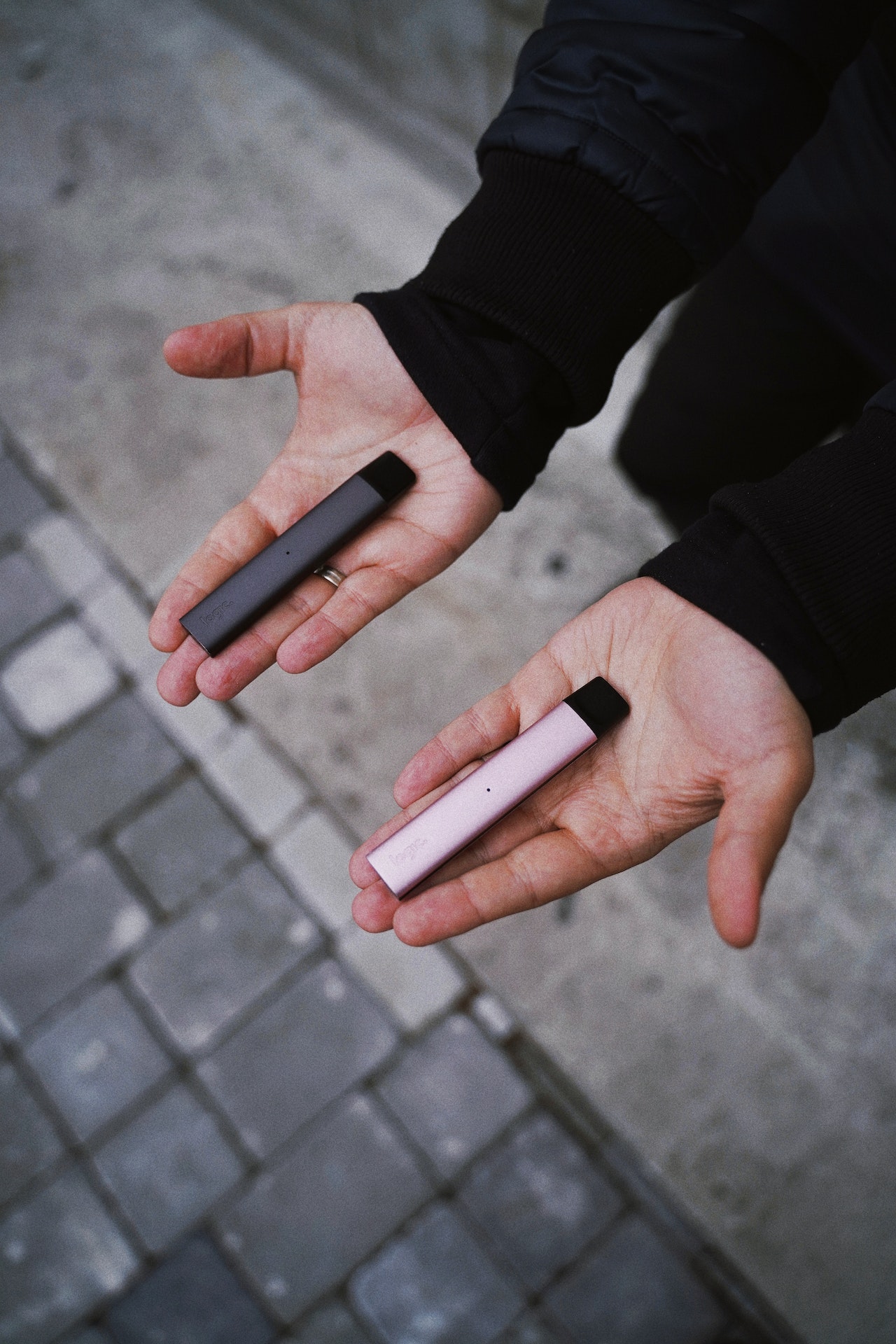Health
DOH urges police to ensure vape inaccessibility to minors

n 2021, data from the Philippine Pediatric Society showed that 11 percent of students ages 10 to 15 years old already tried vapes. (Pexels Photo)
MANILA – Health Secretary Teodoro Herbosa has called on the Philippine National Police (PNP) to ensure that teenagers do not have access to vapes or electronic cigarettes (e-cigarettes).
In a media forum on Tuesday, Herbosa said he wrote a request to PNP regarding the implementation of the law on such products and to ensure that “minors should not have access to vaping.”
“We need stronger implementation at ang DOH [Department of Health] magre-remind (and the DOH will remind), but I hope the police, vendors, stores will strictly implement no sales to minors of its vape products,” he said.
He noted that tobacco use, in general, has decreased — from 29.7 percent in 2009 to 19 percent in 2022.
“Dahil siguro sa sin tax sa tobacco. Ang tobacco sa youth bumaba din from 22 percent in 2007 naging 12 percent na lang in 2019 (This may be due to the sin tax on tobacco. Tobacco [use] among the youth also went down from 22 percent in 2007 to 12 percent in 2019),” he said.
“Ang problema, ang tumataas ang e-cigarette. Dati wala ito, ngayon 14 percent ang youth (The problem is, [use of] e-cigarette is increasing. Before, there is none, it is 14 percent among the youth),” he added.
According to the 2019 Global Youth Tobacco Survey, about 11 percent of students nationwide use tobacco, 10 percent smoke cigarettes, and 14 percent use e-cigarettes.
In 2021, data from the Philippine Pediatric Society showed that 11 percent of students ages 10 to 15 years old already tried vapes.
Online accessibility (32 percent), varied flavors (22 percent), and the belief that e-cigarettes are safer than tobacco (17 percent) are the top three reasons for the use of vapes among the age group.
Republic Act No. 9211 (Tobacco Regulation Act of 2003) and Executive Order No. 106 by former President Rodrigo Duterte prohibit the sale or distribution of tobacco products within 100 meters of schools, public playgrounds, or other facilities where minors may be found.
Nonetheless, a study by the Institute for Global Tobacco Control (IGTC) at the Johns Hopkins Bloomberg School of Health showed that more than 2,000 cigarette vendors were selling tobacco products within 100 meters of at least 276 schools.
At least 43 e-cigarette and 33 heated tobacco products retailers were located near several schools.
The study was conducted from December 2022 and January 2023 in nine cities, and urban and rural areas of the country’s regions.
In 2022, the Vape Bill lapsed into law which lowered age restriction of such products from 21 years old to 18 years old, removed comprehensive ban on vapes and heated tobacco products in public places, and allowed their advertisement.
The measure also removed restriction for non-smokers against using vape, added more vape flavors, and removed the mandate of regulation from the Food and Drug Administration.
Herbosa said the increase in vape use among the youth pose health risks to them and other people.
Last year, the PNP said it will remind students caught outside schools to quit smoking or vaping and that it will confiscate vapes or e-cigarettes from students who have to be reminded repeatedly.





















